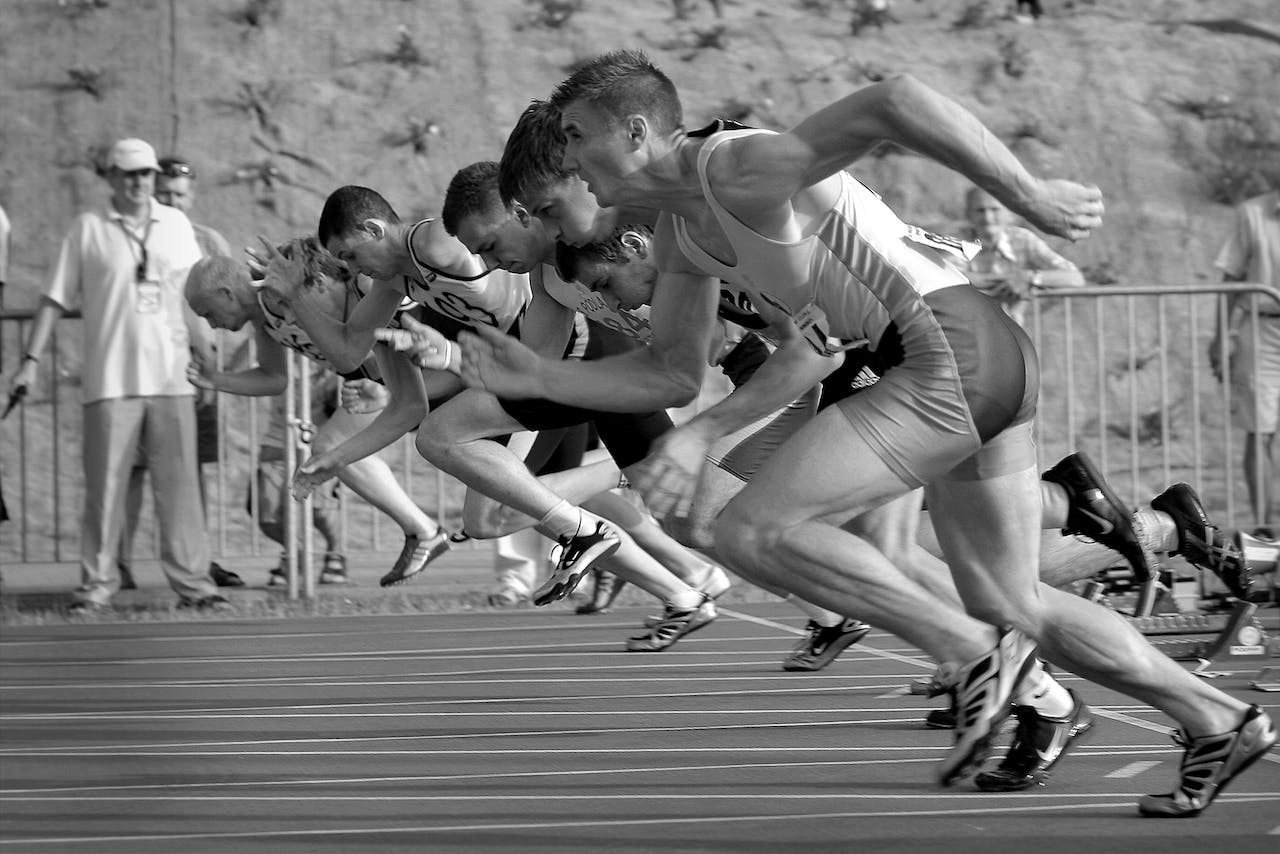
In the dynamic world of sports, athletes are constantly seeking ways to gain a competitive edge. One key strategy that has gained prominence in recent years is sport-specific training. This targeted approach tailors workouts to the unique demands of a particular sport, helping athletes enhance their skills, prevent injuries, and reach peak performance.
In this blog post, we will explore the importance of sport-specific training and how it can take your game to the next level.
Understanding Sport-Specific Training:
Sport-specific training involves designing workouts that closely mimic the movements, energy systems, and skills required in a specific sport. Whether you’re a soccer player, a basketball enthusiast, or a swimmer, the idea is to train your body in a way that directly translates to improved performance on the field, court, or in the water.
Benefits:
1. Enhanced Skill Development:
Sport-specific training allows athletes to focus on the precise skills required for their sport. For example, a tennis player may engage in drills that replicate the lateral movements, quick changes in direction, and explosive sprints needed during a match. This targeted approach accelerates skill development and improves muscle memory.
2. Injury Prevention:
By addressing the specific demands of a sport, athletes can reduce the risk of injuries. For instance, a runner might incorporate exercises that strengthen the muscles around the knees and hips to provide better support during runs. Identifying and targeting potential weak points in an athlete’s body can go a long way in preventing injuries that are common in their particular sport.
3. Improved Conditioning:
Every sport has its unique cardiovascular and muscular demands. Sport-specific training tailors workouts to improve the athlete’s conditioning in a way that directly correlates with the sport’s requirements. This targeted conditioning enhances endurance, agility, and overall physical fitness.
4. Mental Toughness:
Sport-specific training not only hones physical skills but also contributes to mental toughness. The ability to replicate game-like situations in training helps athletes develop focus, resilience, and the capacity to perform under pressure. This mental fortitude is often the key differentiator in high-stakes competitions.
Implementing it:
1. Consultation with a Sports Specialist:
Athletes interested in sport-specific training should consider consulting with a sports specialist or a qualified trainer. These professionals can assess the unique demands of the sport and design a personalized training program that aligns with the athlete’s goals and capabilities.
2. Periodization:
Effective sport-specific training often involves periodization, a structured approach that divides the training program into distinct phases. This allows athletes to build a solid foundation, address weaknesses, peak at the right times, and incorporate rest and recovery appropriately.
3. Functional Training Equipment:
Utilizing functional training equipment, such as agility ladders, resistance bands, and sport-specific machines, can add variety to workouts and simulate the movements required in a particular sport. These tools help make training more dynamic and engaging.
Conclusion:
In the ever-evolving landscape of sports, athletes must embrace innovative training methods to stay ahead of the competition. Sport-specific training is not just a trend; it’s a strategic approach to maximize an athlete’s potential. By tailoring workouts to the demands of a specific sport, athletes can elevate their game, prevent injuries, and achieve peak performance.
So, whether you’re a weekend warrior or a professional athlete, consider integrating sport-specific training into your regimen and unlock the doors to athletic excellence.



